Disclosure: This post includes affiliate links; I may receive compensation if you purchase products or services from the different links provided in this article.
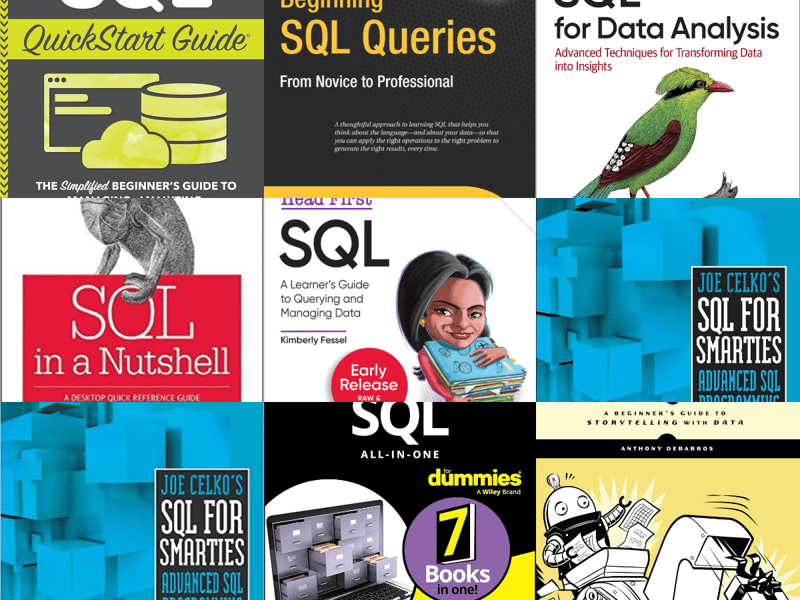
Hello friends, SQL (Structured Query Language) is one of the most essential skills for any Software Engineer. I would rate this skill similar to System Design and Coding.
If you are a professional programmer, it doesn't matter whether you are Java, Golang, or a .NET developer; you are bound to write SQL queries.
Since the database is an integral part of any modern Java or Web application, the Interviewer always preferred candidates with excellent SQL skills.
Now, the big question comes: How can a programmer learn SQL? Is knowing how to query a table enough? If you remember insert, update, delete, and select, then are you a competent SQL programmer?
What about indexes, query plans, triggers, views, stored procedures, and other advanced SQL concepts? What about writing complex queries involving joins, subqueries, derived tables, etc.? Well, all those are very important to be a competent full-stack developer.
Earlier, I have shared the best software architecture books like Head First Software Architecture and in this post, I am going to share the best SQL and Database books for software engineers so that they can learn this essetial skill in a fun and easy way.
I started learning SQL in my college days, and I am hooked to it because of its simplicity and power. I also found writing SQL queries exciting and challenging, similar to solving programming puzzles, but my SQL skills haven't improved a lot for a long time.
Why? Because I was satisfied with the limited knowledge of insert, update, delete, and select.
I knew how to join multiple tables, and I thought I knew the whole SQL. Well, I was wrong, and my misconception hit severely when I started working on a project involving Murex, which has a vast database in Sybase with hundreds of tables, stored procedures, and other database objects.
At that time, I started learning advanced SQL, particularly Sybase and SQL Server.
My quest also resulted in lots of good books to learn SQL, database design, normalization, and improve your SQL query skills, and this article is a collection of such books.
If you want to learn quickly, you can also combine these books with some of the comprehensive and engaging online SQL courses like The Complete SQL Bootcamp by Jose Pottila on Udemy. It's an incredible course full of useful information and practical tips to learn and master SQL very quickly.
10 Best Books to learn SQL and Database for Beginners in 2025
It doesn't matter whether you are a beginner programmer, just started your software development career, or are an experienced software professional with years of experience, you will find some of the books refreshing.
You will learn a lot in terms of SQL concepts, database design, and SQL query skills.
So, what are we waiting for? Let's start with this list.
1. Head First SQL
This is the best book for SQL beginners. I like the Head First style for their innovative teaching with diagrams, fireside chats, puzzles, explanations, and highlighting the most important concepts.
I have been recommending this book to beginner programmers for years, and they always thank me for that.
You can use this book for theory, for example, and understanding fundamental concepts of SQL, like Joins, Subqueries, Normalization, and a little bit of database design.
If you are an active learner like me, then you can also combine this book with The Complete SQL Bootcamp: Go From Zero To Hero course by Jose Pottila on Udemy, which is full of hands-on SQL exercises and lectures.
By the way, the second edition of Head First SQL is also coming soon but until then, you can start with the first edition itself.
2. SQL QuickStart Guide: The Simplified Beginner's Guide to Managing, Analyzing, and Manipulating Data With SQL
This SQL book by Walter Shields is another great resource for beginners, job seekers, and software engineers who want to learn SQL.
It provides a step-by-step introduction to SQL with practical examples and exercises to build real-world skills.
Here are key things you will learn in this book:
- Understand how databases work and how to navigate them
- Write basic to intermediate SQL queries
- Retrieve, filter, and manipulate large datasets
- Optimize queries for better performance
- Get hands-on with sample databases and exercises
The book also includes bonus digital resources such as a sample database, cheat sheets, and practice exercises, which are great for active learning.
3. SQL All-in-One For Dummies
The third edition of SQL All-in-One For Dummies by Allen G. Taylor stands as a comprehensive resource with a stellar rating of 4.6 out of 5 from 920 ratings.
Created for a wide audience, from database administrators to application programmers, this book provides clear and concise explanations of the SQL language and its diverse applications within relational databases.
In a rapidly evolving landscape where businesses are transitioning from spreadsheets to SQL databases like Access, Microsoft SQL Server, Oracle databases, MySQL, and PostgreSQL, this edition serves as a one-stop shop for anyone involved in designing, developing, and maintaining these databases.
The book addresses the challenges that may arise in SQL database creation and management, keeps readers informed about the latest SQL updates and capabilities, and serves as a valuable reference for querying SQL-based databases in the SQL language.
A newer edition is also coming which means the book remains up-to-date, reflecting the dynamic nature of SQL technology. If you need active learning, you can also combine this book with the Introduction to SQL Datacamp course, it's a nice SQL course for beginners.
4. Practical SQL: A Beginner's Guide to Storytelling with Data By Anthony DeBarros (2nd Edition)
This SQL book is for those interested in using SQL for data analysis and storytelling. It teaches how to analyze real datasets, uncover insights, and present findings effectively.
What you'll learn:
- Understand the fundamentals of relational databases and SQL
- Work with real-world datasets, including US Census data and NYC taxi rides
- Perform data cleaning, aggregation, and filtering in PostgreSQL
- Use SQL functions and joins to derive insights
- Learn best practices for data visualization and reporting
Practical SQL is especially useful for data engineers, data analysts and software engineers who want to use SQL for data-driven decision-making.
5. SQL Antipatterns, Volume 1: Avoiding the Pitfalls of Database Programming
To be successful, it's not just essential to do the right things, but it is also necessary to avoid mistakes that can hamper your success. This universal truth is also applicable to SQL.
It's just not enough to know all the best practices in the SQL world and keep repeating silly mistakes like using SELECT * query or having duplicate columns.
This book will help you to avoid the common mistakes every SQL developer makes. If you don't know about SQL mistakes, this is also an excellent book to learn about them. Again, one of the must-read SQL books for programmers who are serious about improving their SQL and database design skills.
If you are learning SQL for data science, then I also suggest you check out this SQL for Data Science course on Udemy, which will teach you how to understand and write large queries, which you often need while working with real-world data.
6. Joe Celko's SQL for Smarties: Advanced SQL Programming (The Morgan Kaufmann Series in Data Management Systems
I didn't know about this book until last year, but ever since I came to know about it, I just fell in love. It's a great book to improve your SQL query skills.
I always like to solve SQL query-based problems because they are also an excellent exercise for your mind, and this book is full of such issues.
The book is advanced, and some of the problems are tough even for seasoned SQL programmers. Even though you will solve the problem, a good chance that you will also learn a new way to answer the same question by reading explanations.
In short, one of the best SQL books for experienced programmers who want to improve their SQL query skills.
7. Learning SQL: Generate, Manipulate, and Retrieve Data 3rd Edition
"Learning SQL: Generate, Manipulate, and Retrieve Data, 3rd Edition" by Alan Beaulieu is one of the most recommended SQL books on the internet and sites like Reddit, HN, etc.
In this latest edition, Beaulieu guides developers through the essentials of SQL, providing a solid foundation for writing database applications, executing administrative tasks, and generating reports.
As companies grapple with the influx of data, SQL emerges as a vital tool, and this guide equips developers to harness its power effectively.
The book covers SQL basics and delves into advanced features, including new chapters on SQL and big data, analytic functions, and working with very large databases.
Each chapter is designed as a self-contained lesson, featuring numerous illustrations and annotated examples to facilitate understanding. The inclusion of exercises enables readers to practice and reinforce the skills they acquire.
The book also emphasizes the importance of SQL knowledge for interacting with data, making it an essential resource for those looking to leverage the language's power and flexibility.
Whether you are a beginner or seeking to enhance your SQL proficiency, "Learning SQL" provides a comprehensive and practical guide to navigating SQL concepts and techniques, and if you need a course, you can also combine this with the SQL for Newbs: Data Analysis for Beginners course on Udemy.
8 . Beginning SQL queries
This is another beginner book, probably for the absolute beginner who doesn't know how to write SQL queries. As the title suggests, this book will help you not only to write SQL queries but also to write correct SQL queries and help you to become a professional SQL developer. Not a must-read, but it's a good SQL book for beginners.
9. SQL Performance Explained by Markus Winand
If I say that whatever I know about SQL indexes is due to this book, then it won't be wrong. I had a lot of misconceptions about database indices and didn't know how their order could affect performance.
I didn't even know what a table scan, an index scan, or index seeks were (https://www.java67.com/2017/12/difference-between-table-scan-index.html), and, in general, how an index works in SQL in detail until I learned how indexing works and how it affects query performance.
This is an excellent book by Markus Winand, and I thank him for explaining such an essential topic in great detail. One of the must-read SQL books for every programmer.
10. SQL for Data Analysis: Advanced Techniques for Transforming Data into Insights By Cathy Tanimura
This advanced SQL book is ideal for data analysts, data scientists, and software engineers looking to improve their SQL skills.
It goes beyond basic queries and covers advanced techniques for data transformation, time series analysis, cohort analysis, and text processing.
Here are things you will learn from this book:
- Master joins, window functions, and subqueries for complex data analysis
- Perform time series analysis and manipulate date/time data
- Conduct A/B testing (experiment analysis) using SQL
- Use regular expressions and string functions for text analysis
- Detect and handle outliers in your data
This book will help you write more efficient and insightful SQL queries, whether you're working with PostgreSQL, MySQL, or cloud data warehouses.
That's all in this list about 10 Must-Read SQL Books for Software Engineers and Data Engineers. To be honest, it's easy to learn SQL, but it's tough to master it; that's why books like SQL Performance Explained and SQL Anti-Patterns, are significant for both SQL developers and Java/C# developers who deal with databases and SQL.
P. S. --- If you are looking for an online course to learn SQL in depth then I also suggest you checkout Colt Steele's The Ultimate MySQL Bootcamp: Go from SQL Beginner to Expert* course on Udemy.
And, if you haven't read, you can also read 10 Must Read Software Engineering Books for Developers and 10 Must Read Algorithms Books I shared earlier. it contain books on software engineering, data structures, and algorithms for software engineers and developers.
All the best with your SQL journey !!

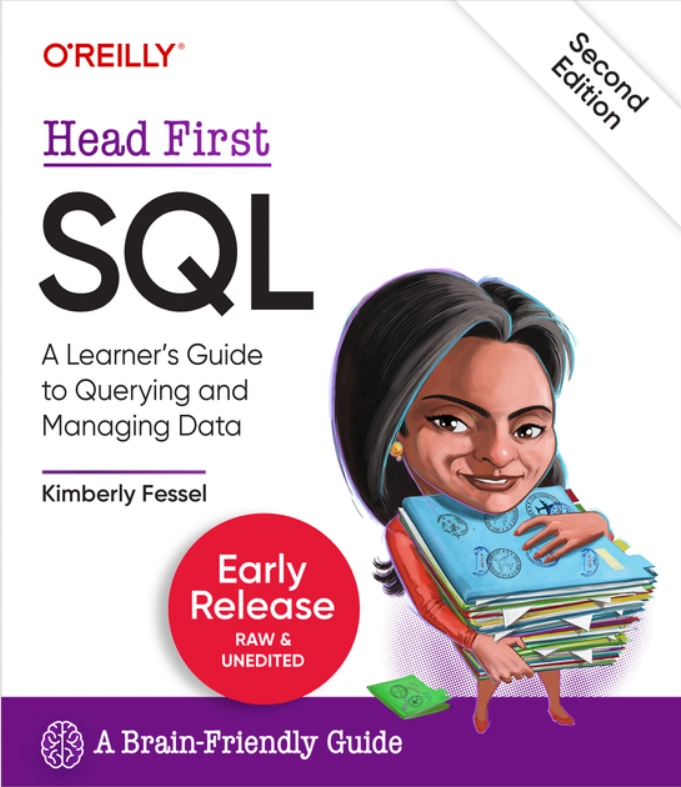
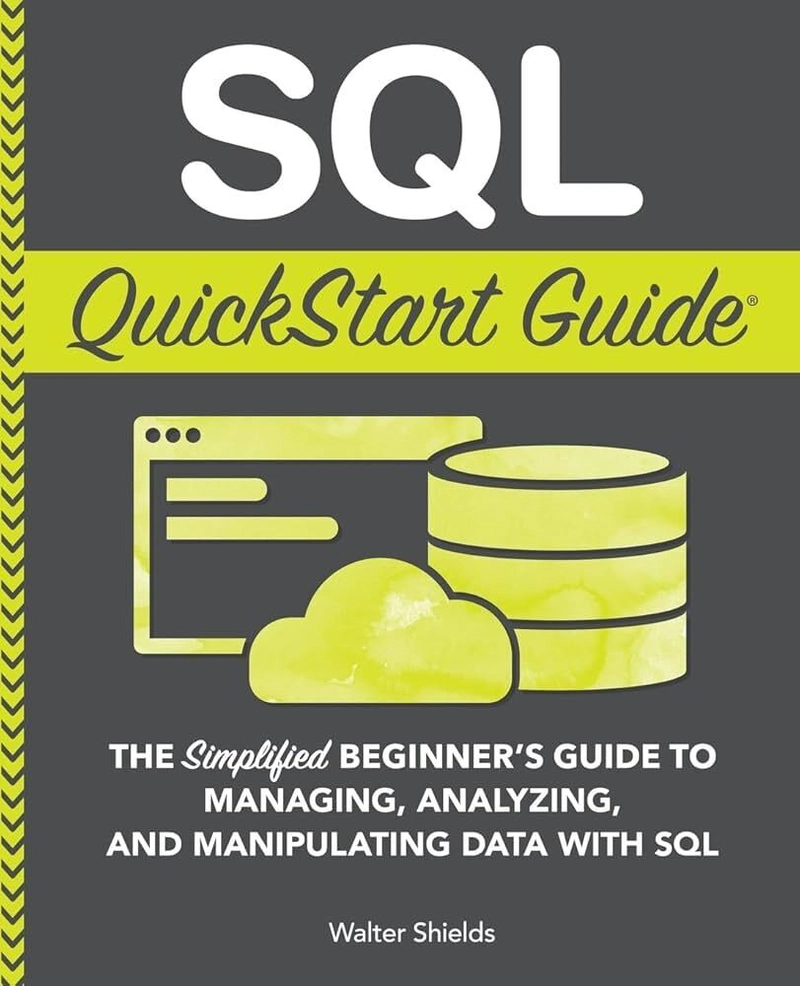
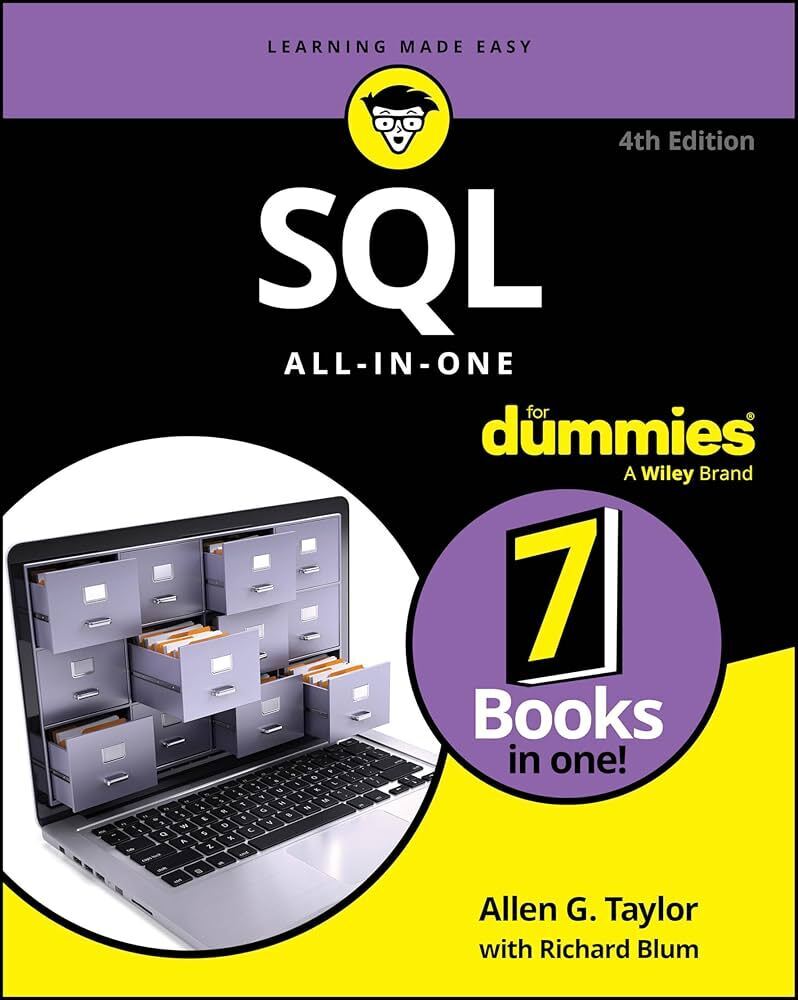
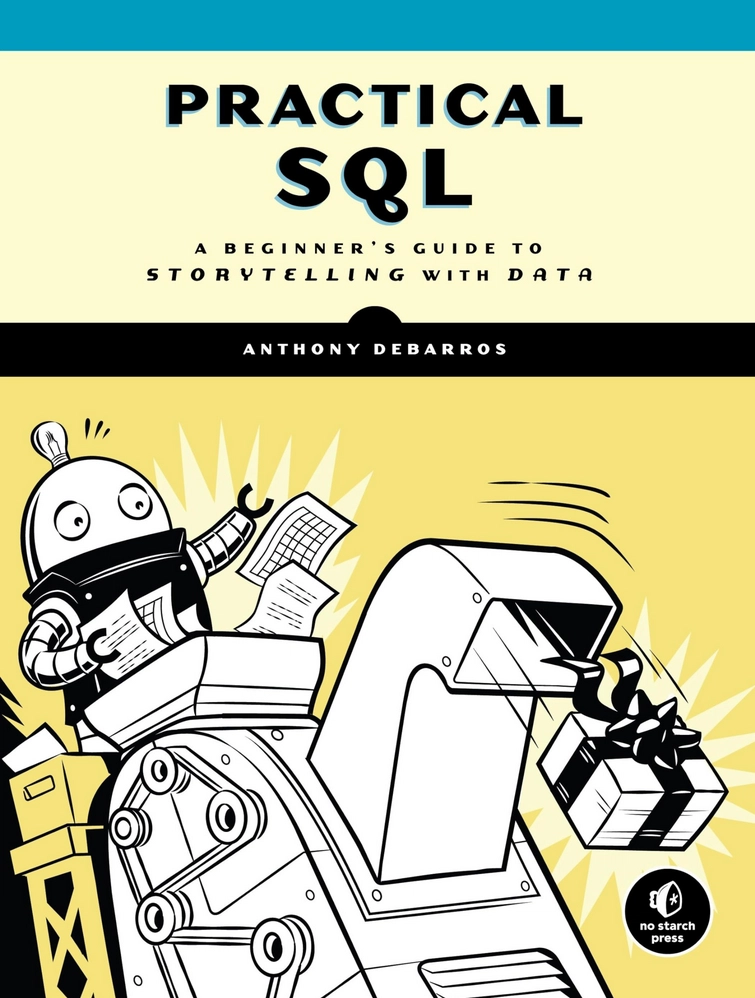
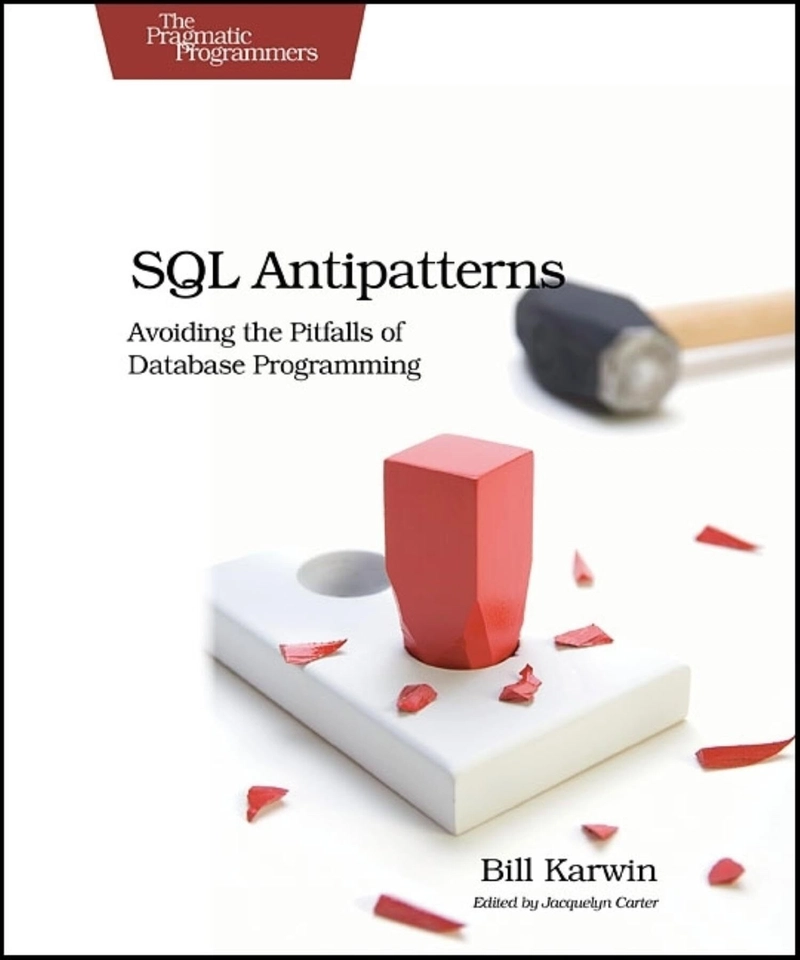
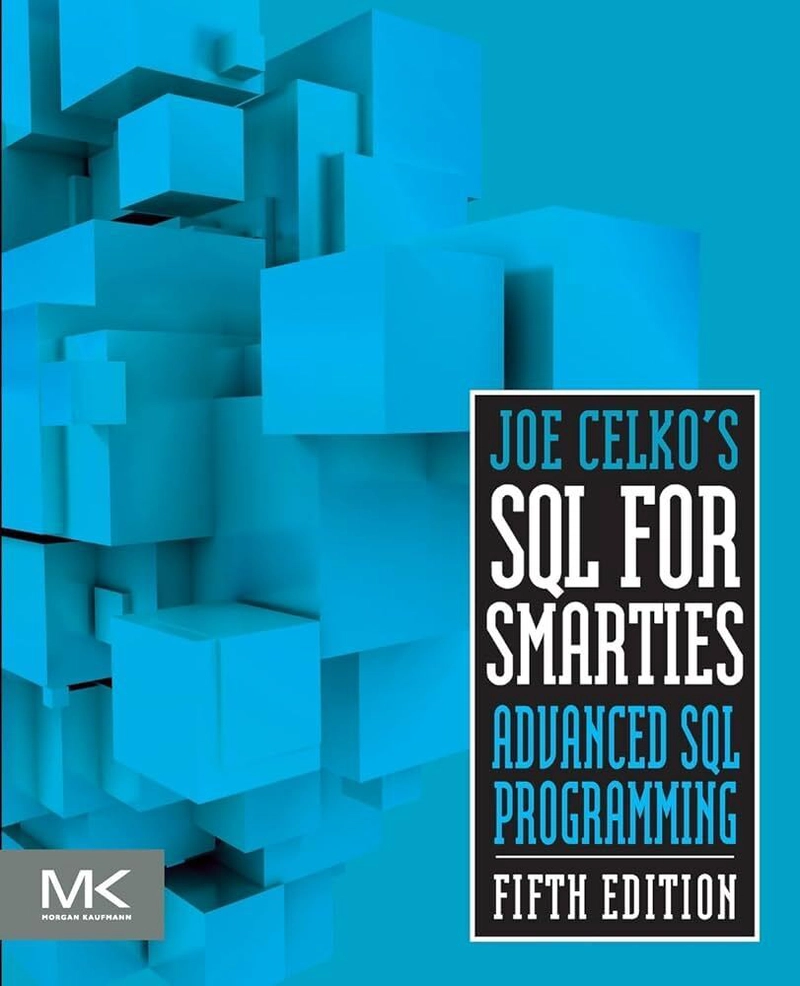
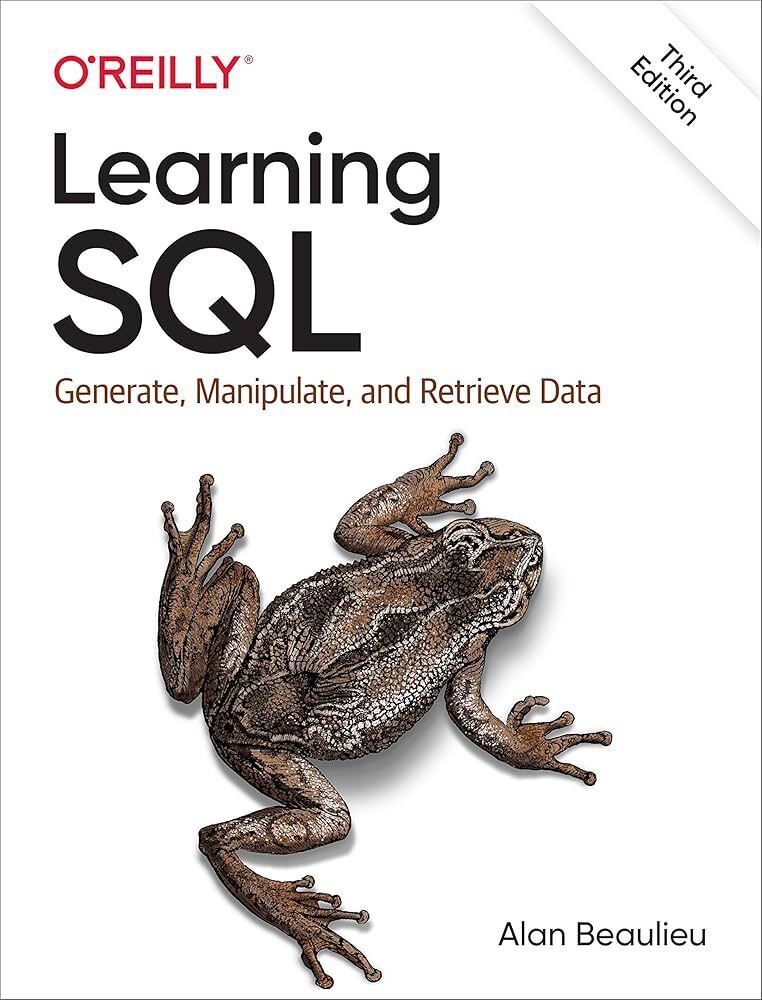
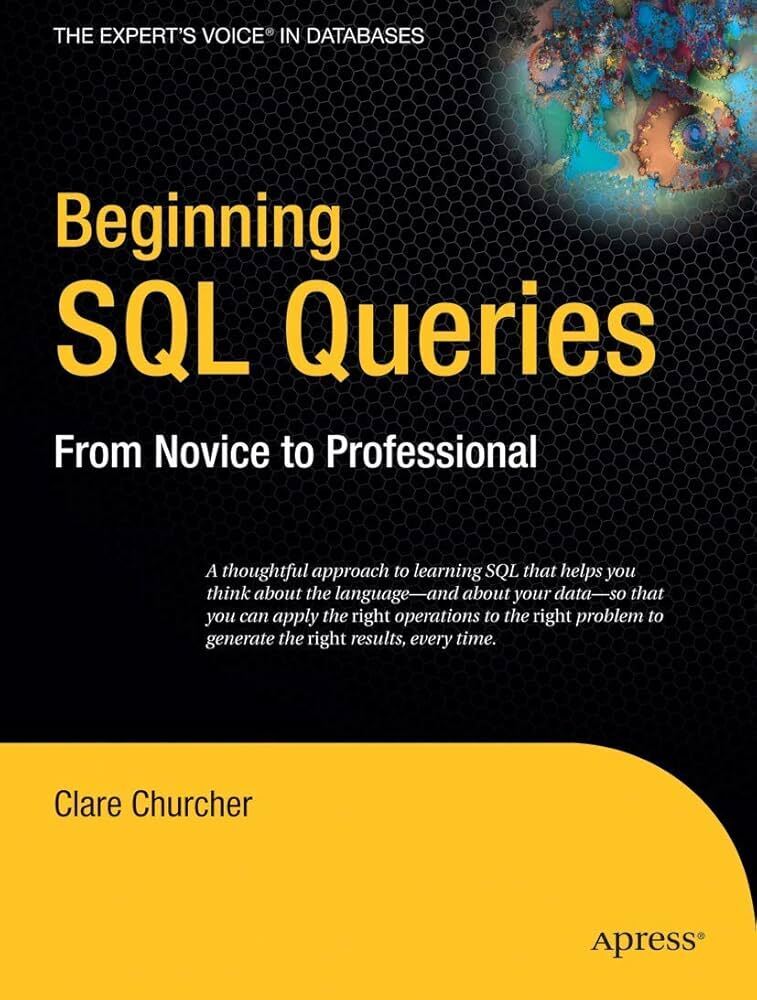
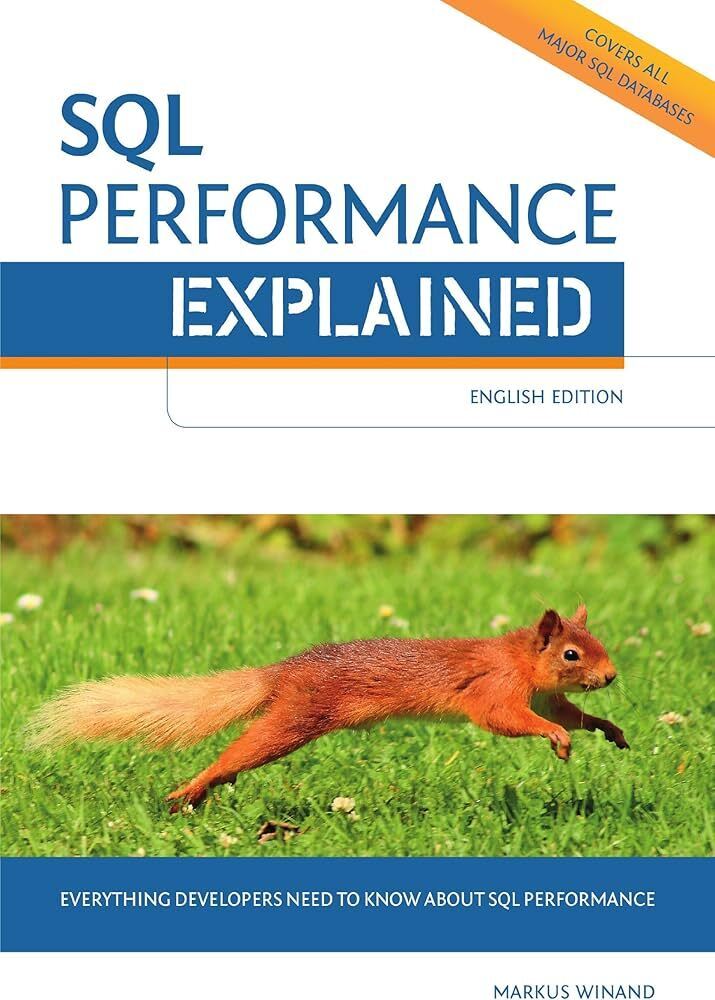
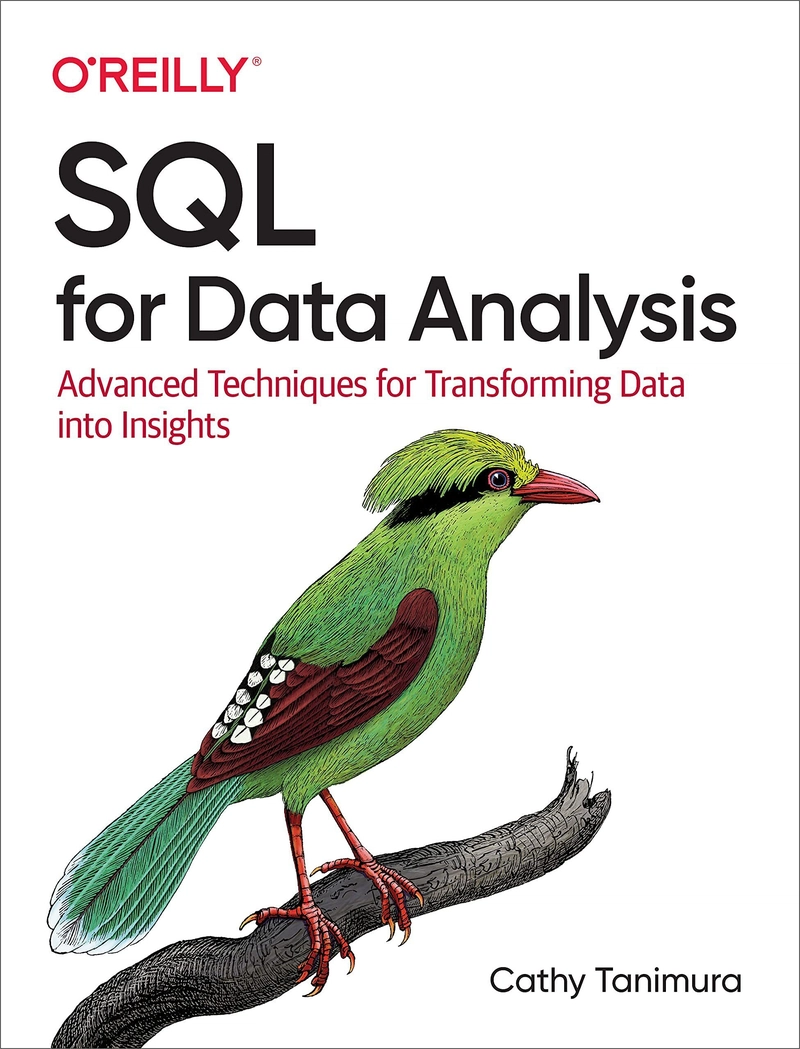




Top comments (0)